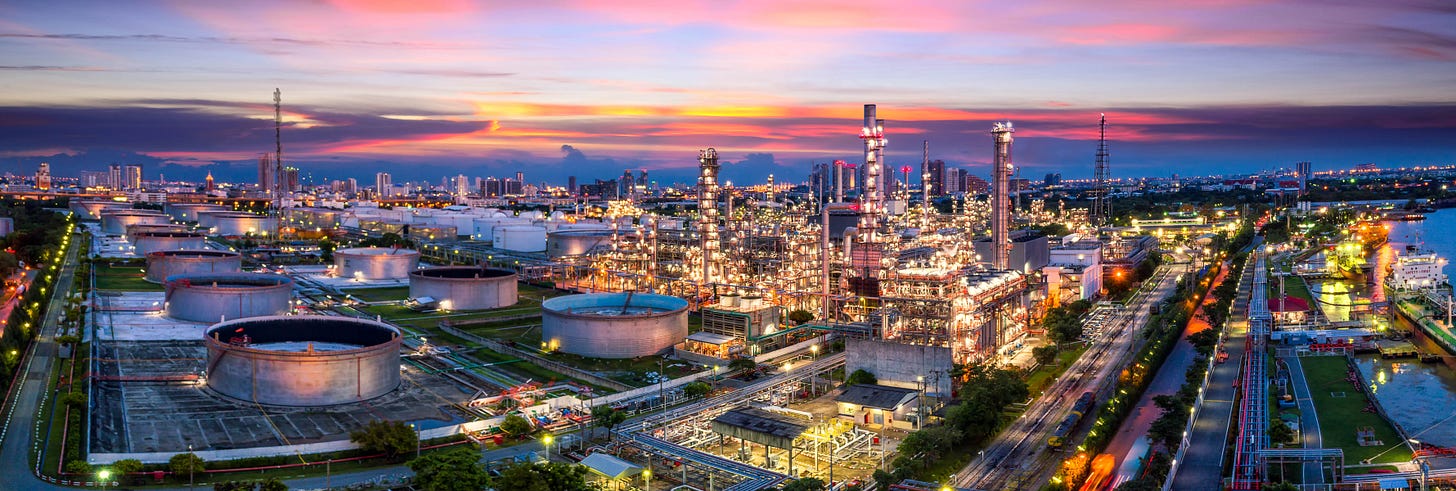The Reality of Net Zero
Comments by Amin Nasser, CEO of Saudi Aramco
This week the CEO of Saudi Aramco, Amin Nasser, spoke at the S&P Global Energy Conference in Houston. Here are some quotations of what he said, as reported by CNBC.
. . . the energy transition is failing and policymakers should abandon the “fantasy” of phasing out oil and gas, as demand for fossil fuels is expected to continue to grow in the coming years.
. . . alternative energy sources have been unable to displace hydrocarbons at scale, despite the world investing more than $9.5 trillion over the past two decades. Wind and solar currently supply less than 4% of the world’s energy, while total electric vehicle penetration is less than 3%.
. . . the share of hydrocarbons in the global energy mix has barely fallen in the 21st century from 83% to 80%.
. . . efficiency improvements alone over the past 15 years have reduced global energy demand by almost 90 million barrels per day oil equivalent. Wind and solar, meanwhile, have substituted only 15 million barrels over the same period, he said.
According to Statista the production of oil over the period 2000 to 2022 rose from 3,600 to 4,400 million metric tons annually. So, it turns out that even these ‘tell it like it is’ remarks ― such as the 83% to 80% decline in hydrocarbon share ― were somewhat disingenuous.
Mr. Nasser also said, ‘demand is unlikely to peak anytime soon, let alone by the year 2030’. In other words, he is assuming that the increased demand for energy will somehow create a corresponding increase in supply, even though that supply is finite. He is also assuming that the climate effects of this continued use of hydrocarbon fuels is something we can handle. He has chosen to ignore the possibility of tipping points to do with our energy supply or climate change.
If something cannot go on forever, it will stop.
Herbert Stein




